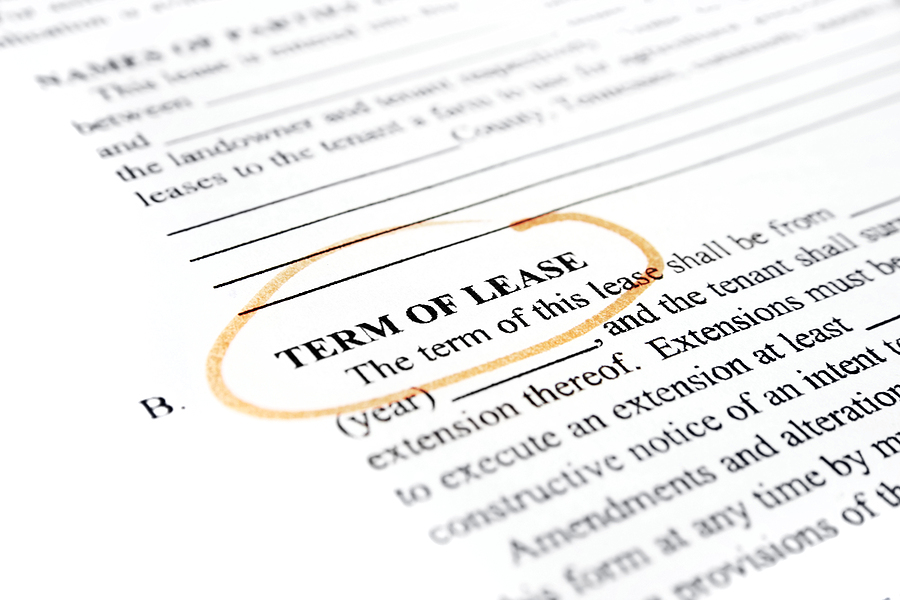When the thought of making money in your sleep with passive revenue streams coming in from rental properties comes to mind, the next quest for real estate beginners naturally is, what is this going to take to get this dream off of the ground?
For first-time landlords, along with the desire for monthly payments, you shouldn’t forget about the -not-so-glamorous aspect of being a landlord, such as toilets that won’t flush.
Like anything else, in real estate investing, once you know what you are doing, you can find a way to make it work for you, including not having to leave your home at the tenant’s every beck and call.
The problem is that many people that jump right into real estate don’t know as much about what they need to do as they think they do.
In order to figure out just how difficult it would or would not be for you to get going with rental property investing, here are some important elements to keep in mind.
Buy Real Estate Investment Trusts (REITs)
REITs stands for Real Estate Investment Trusts, and they are like mutual funds in that they are companies that own commercial real estates like apartments, hotels, office buildings, and retail spaces, and they allow you to invest in real estate without having to be hands-on and physically have to take care of the properties.
REITs usually pay high dividends, which makes them a common investment in retirement because investors who don’t need this money to be a part of their regular income are able to automatically reinvest those dividends to expand their investment and make it grow.
REITs can be a good investment, but they can also be complex, with some of them being traded on an exchange like a stock and other ones not being publicly traded.
Non-traded REITs aren’t always easily sold and can be difficult to value, which means that if you are truly a beginner in the rental property investment space, you may want to stick to publicly-traded REITs that can be purchased through brokerage firms.
Use an Online Real Estate Investing Platform
Online real estate investing platforms connect real estate developers to investors looking to finance property projects, either through debt or equity.
These types of investors seek to get monthly or quarterly distributions for playing their part and taking on a significant amount of financial risk, and paying a fee to the online real estate investing platform.
Similar to many real estate investment arrangements, these are speculative and liquid and can’t be easily unloaded the way you can trade a stock.
There is a catch, though, and that is that many of these online real estate investing platforms are only open only to accredited investors, defined by the Securities and Exchange Commission as people who’ve earned an income of over $200,000 ($300,000 with a spouse) in all of the last two years or have established a net worth of at least $1 million or more, but not including their primary residence.

Consider Flipping Investment Properties
House flipping is another way you can go, this time by investing in an underpriced property that you can rent out that maybe needs some extra work done on it to get it where it needs to be to attract other buyers and resell it for a profit.
House flipping does present an element of risk in that the financial benefits require a very accurate summary of how much the necessary repairs are going to actually cost you.
This would be a time when you might want to bring an experienced partner on board if you just have the capital to contribute, but you need that reliable contractor that is able to give you a good estimate of expenses and can manage the project.
But the risks don’t just end with the expenses when it comes to house flipping.
The longer you have the property in your personal possession, the less money you will be making because you’re paying a mortgage without the property bringing in any money to offset those expenditures.
If possible, lower that risk by living in the house as you fix it up if the updates are only cosmetic.
Think About Investing in Rental Properties
House hacking makes it possible for you to live in your investment property while renting out rooms or units.
If you want to, you can enter the housing market using a strategy called house hacking, meaning that your investment property is occupied by either renting out rooms or by renting out units in a multi-unit building, making it possible to buy a property that has up to four units and still be able to qualify for a residential loan.
You have the additional option to buy and rent out an entire investment property that has combined expenses that are lower than the amount that you will be able to charge in rent.
If you don’t feel qualified to be the landlord that physically fixes things, you can pay to have a Columbus property manager.
Image Source: BigStockPhoto.com (Licensed)
Site Disclaimer
The Content in this post and on this site is for informational and entertainment purposes only. You should not construe any such information or other material as legal, tax, investment, financial, or other advice. Nothing contained on our Site constitutes a solicitation, recommendation, endorsement, or offer by HII or any third party service provider to buy or sell any securities or other financial instruments.
Nothing in this post or on this site constitutes professional and/or financial advice. You alone assume the sole responsibility of evaluating the merits and risks associated with the use of any information or other content in this post or on this site.
You recognize that when making investments, an investor may get back less than the amount invested. Information on past performance, where given, is not necessarily a guide to future performance.
Related Categories: Invest, Real Estate, Reviews







